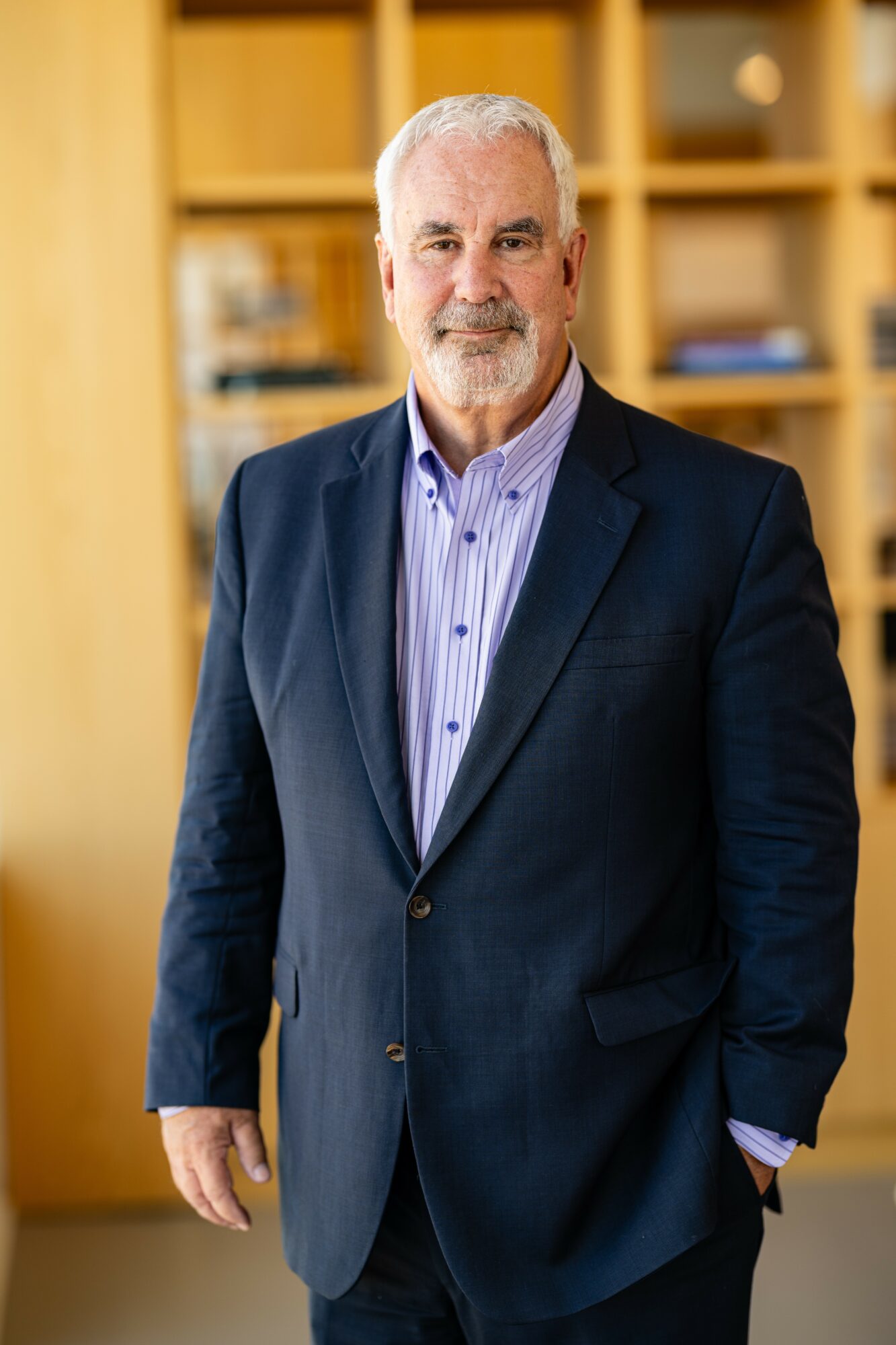

We recently had the chance to connect with Wayne O’Neill and have shared our conversation below.
Hi Wayne, thank you so much for taking time out of your busy day to share your story, experiences and insights with our readers. Let’s jump right in with an interesting one: What do you think is misunderstood about your business?
The most misunderstood thing about RESET is that people can’t figure out what box to put us in — and that’s exactly the point.
We’re not lobbyists, and we’re not developers. Lobbyists sell influence; developers sell land. We build momentum. We engineer deals that actually move — capital projects that fund themselves, generate revenue, and create real economic engines for the institutions behind them.
RESET connects the investment money to the mission, the builders to the purpose, and the leaders to each other — faster, cleaner, and more transparently than the traditional procurement system.
We don’t chase projects; we architect ecosystems that make those projects inevitable.
People confuse us with lobbyists because we make access to power — trustees, executives, political gatekeepers — look effortless. It’s not. It’s decades of relationship capital and strategic precision.
Others mistake us as developers because we pull together financial structure, legal muscle, and construction execution like one integrated organism. But here’s the difference: developers play one side to win. RESET makes everyone win — the owner, the builder, the funder, the community. That’s why we’re slower at the start but unstoppable once the flywheel turns.
We’re not part of the old infrastructure game; we’re rewriting the playbook. RESET is what happens when you stop begging the system to work and start building one that does.
Can you briefly introduce yourself and share what makes you or your brand unique?
I’m Wayne O’Neill, CEO of RESET — a real estate assets consultancy. And let’s be clear upfront: we’re not traditional consultants, and we’re definitely not here to “play nice” with the old way of doing things.
The infrastructure and real estate world runs on outdated models, slow approvals, and egos protecting their turf. We break that system.
RESET is the collision point where money, mission, and momentum finally meet.
We make capital projects move — not by waiting for the perfect RFP or the next round of bureaucracy, but by connecting the right money to the right mission now. We pull together investors, institutions, and builders into one functioning machine that turns a stalled idea into a funded, revenue-generating reality.
What makes RESET different is that we don’t sell services — we build outcomes. We collapse the lag time, kill the red tape, and make sure everyone in the deal — the owner, the builder, and the financier — wins faster and wins bigger.
We’re the only team crazy enough to re-engineer how infrastructure actually gets done, from healthcare to higher ed to aviation. Everyone else is fighting over the scraps of a broken system; we’re building a new one where projects pay for themselves and collaboration isn’t a buzzword — it’s the business model.
RESET exists because the game was rigged, and someone had to flip the board.
Thanks for sharing that. Would love to go back in time and hear about how your past might have impacted who you are today. Who taught you the most about work?
The two greatest influences on how I approach work were my dad and my uncle. My father served as Executive Vice President at Texas Instruments, and my uncle was a four-star General in the Air Force — two completely different worlds that shared one core truth: nothing great happens alone.
From them, I learned that leadership isn’t about being the loudest voice in the room or the smartest person at the table — it’s about knowing how to listen and how to build a team that actually wants to move with you. They modeled how trust multiplies performance. When people feel heard and respected, they stop waiting for permission and start driving outcomes. That’s when you see momentum — not compliance, not control, but genuine engagement.
That foundation shaped everything RESET stands for today. My dad and uncle showed me that every person in the room carries a critical piece of the solution — you just have to be curious enough to find it. I took that to heart and built a business around it. RESET’s whole model is about alignment: connecting expertise, capital, and purpose in a way that makes everyone stronger.
I learned early that if you’re not listening, you’re missing the leverage that turns good work into transformational outcomes. That mindset — respect first, results next — is what keeps us ahead of the curve and grounded in purpose while we disrupt the systems that no longer serve growth.
Was there ever a time you almost gave up?
There was a moment early on when I nearly walked away. RESET started as a coaching model — I was teaching business owners how to grow revenue, how to think differently, how to find leverage in a slow-moving industry. And I hit a wall. Because here’s the truth: most people don’t want to transform. They want to talk about transformation. They want the success story without the scars. Everyone loves to nod along in the seminar room — but when it’s time to make the hard calls, change the model, or risk the comfort zone, they freeze. I realized I was trying to drag people through a door they weren’t ready to walk through. That’s when I saw the rot in the industry — an entire ecosystem of “advisors” feeding people empty frameworks instead of results.
So I blew it up. I shut down the coaching model and built RESET into an execution machine. No theory, no hand-holding, no motivational nonsense. We stopped teaching people how to play the game and started changing the rules. We take the deal, restructure it, connect the capital, and make it move. Done.
I stopped trying to fix people and started fixing systems. That’s the real reason RESET works — because we do what others are too cautious, too political, or too underqualified to do. I almost gave up when I realized most people didn’t want to do the work. Then it hit me — maybe they weren’t supposed to. Maybe I was.
Next, maybe we can discuss some of your foundational philosophies and views? What are the biggest lies your industry tells itself?
The biggest lie in the building industry is that activity equals progress. Everyone’s obsessed with motion — chasing bids, filling pipelines, flooding proposals — and then they wonder why they’re exhausted and broke. The industry worships volume like its strategy. “Just get more deals in the funnel.” That’s the lazy gospel.
But movement without alignment isn’t progress — it’s chaos dressed up as productivity.
Firms burn through time, relationships, and money chasing ghosts because it looks like growth. Meanwhile, the real opportunities — the ones that could redefine their business — slip through because nobody’s slowing down long enough to connect the dots between money, mission, and execution.
The other big lie? That the building is the product. It’s not. The real product is the business problem the building solves — the invisible driver behind why that space needs to exist in the first place.
But this industry keeps polishing the exterior — the design, the materials, the “wow factor” — while ignoring the institutional issues that building is supposed to fix. That’s why so many projects die on the vine. You can’t build your way out of a business problem.
RESET exposes that lie.
We don’t sell structures; we create strategic assets that produce revenue, elevate the user experience, and strengthen how institutions operate. The rest of the industry is chasing deals. We’re chasing transformation — and that’s why we keep winning.
Okay, so before we go, let’s tackle one more area. What is the story you hope people tell about you when you’re gone?
I hope people say I never stopped believing that everybody can win — and that I built an entire business model around proving it.
The building industry is full of zero-sum thinking: someone’s profit is someone else’s loss, someone’s win means another’s compromise. I’ve spent my career fighting that mindset. Because when you strip away the politics, the contracts, and the chaos, what actually drives progress is alignment — people working toward a shared outcome that’s bigger than themselves. My legacy, I hope, is that I pushed this idea relentlessly into an industry that didn’t believe it was possible. That I challenged people to stop chasing transactions and start building trust, collaboration, and outcomes that lift everyone.
RESET was never about projects; it’s about people — and what happens when they’re empowered to see the system differently.
I want my legacy to be the proof that a business can be both profitable and principled, fast-moving and deeply human. That every deal, every partnership, every building can be engineered so no one loses — not the owner, not the builder, not the community. That’s the mark I want to leave behind: a trail of projects and people who learned that growth isn’t about taking more — it’s about creating more, together.
I didn’t come to fit into the system — I came to prove it could be rebuilt. Everyone can win, but only if you’re bold enough to stop playing by rules that were never written for you.
Contact Info:
- Website: https://www.resettogrow.com
- Linkedin: https://linkedin.com/in/wayneoneill
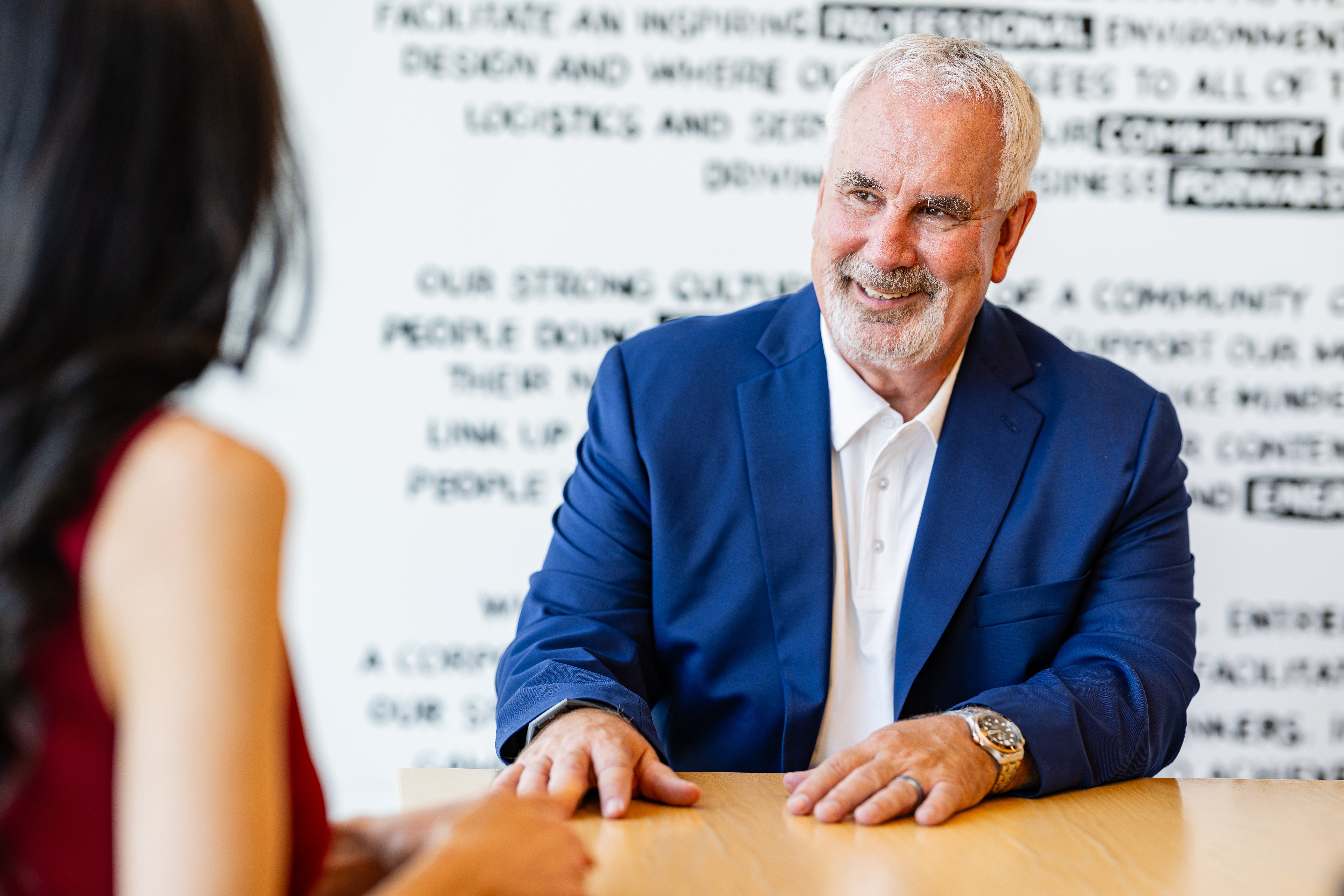
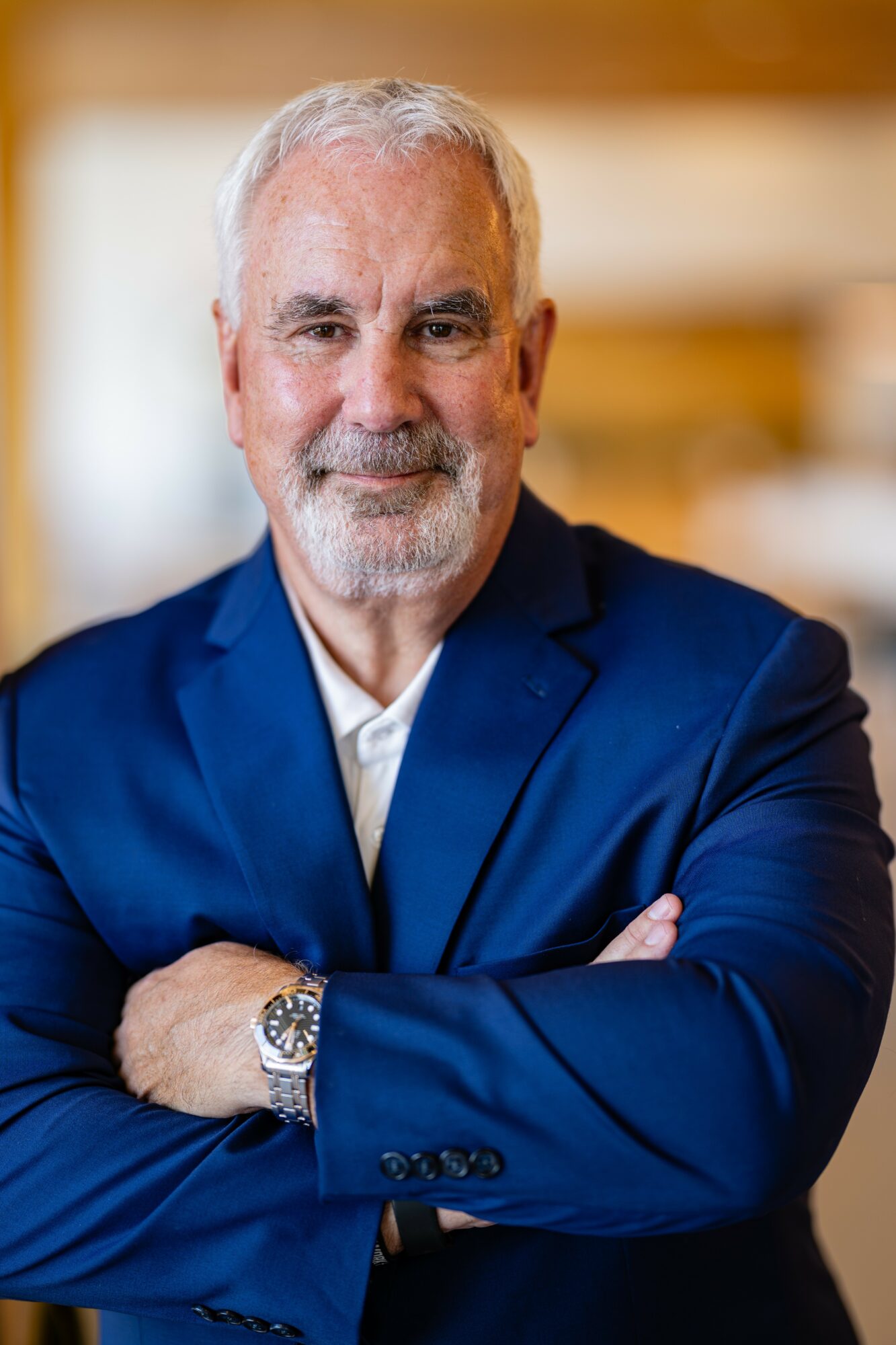
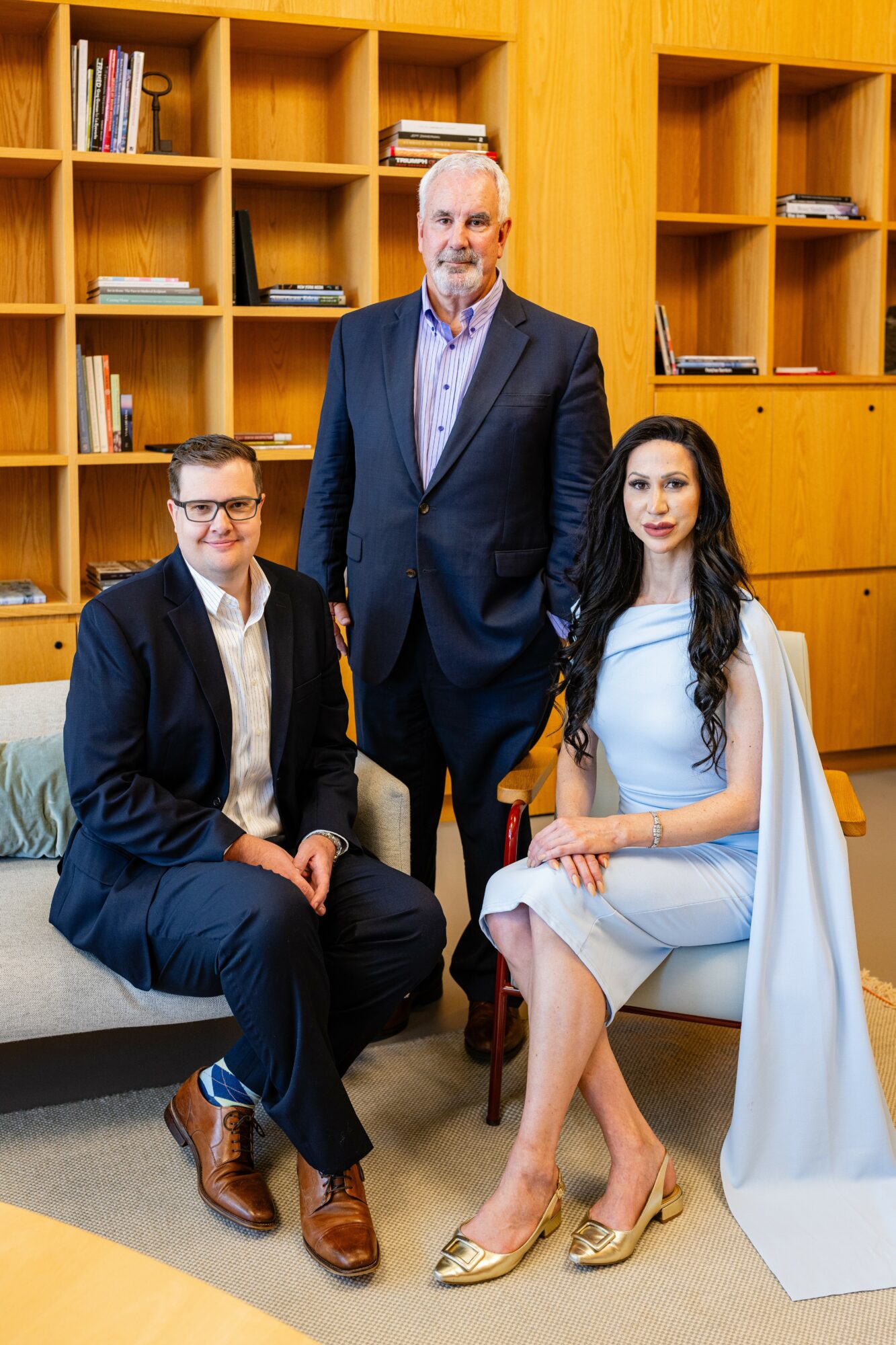
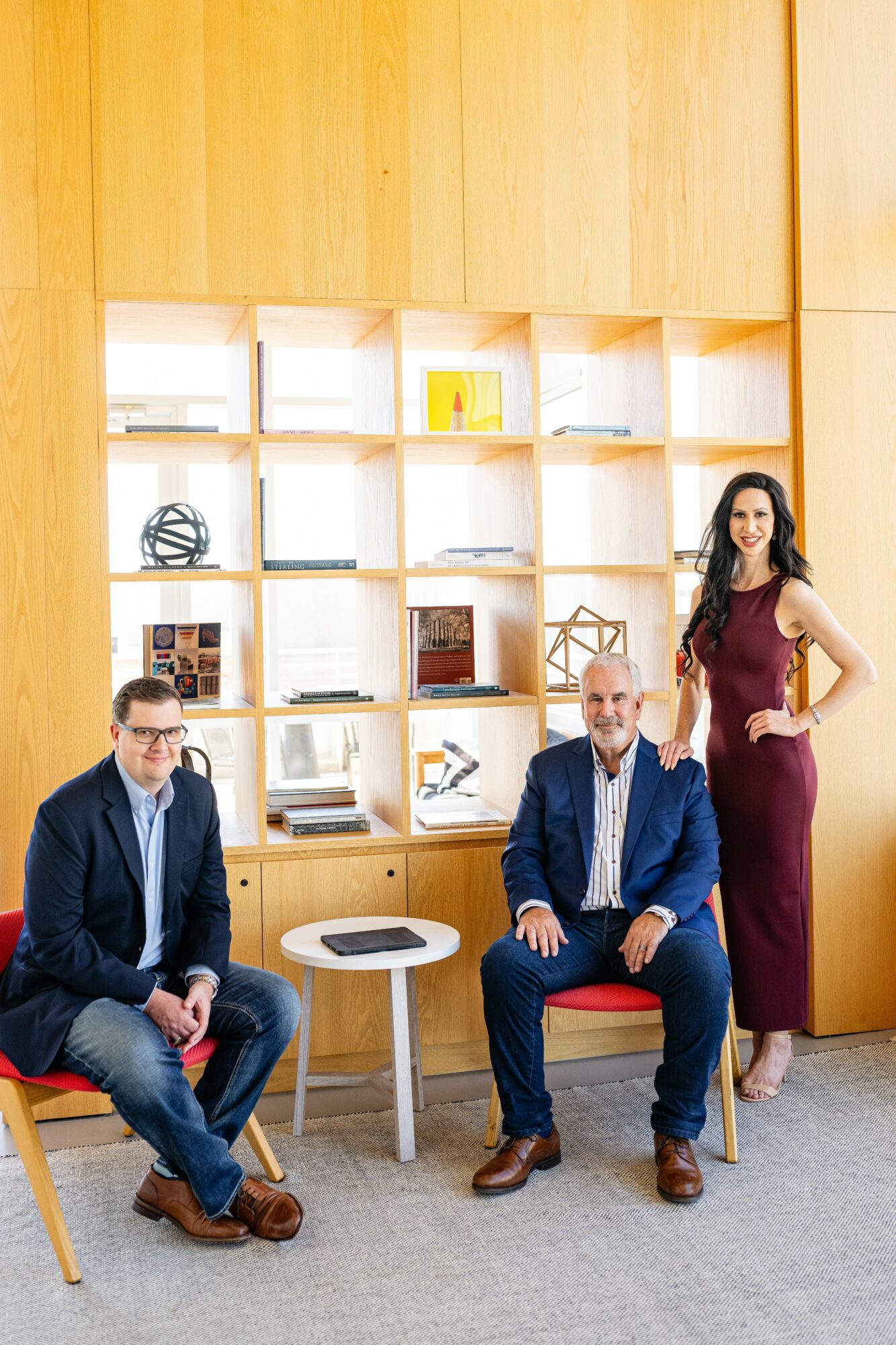
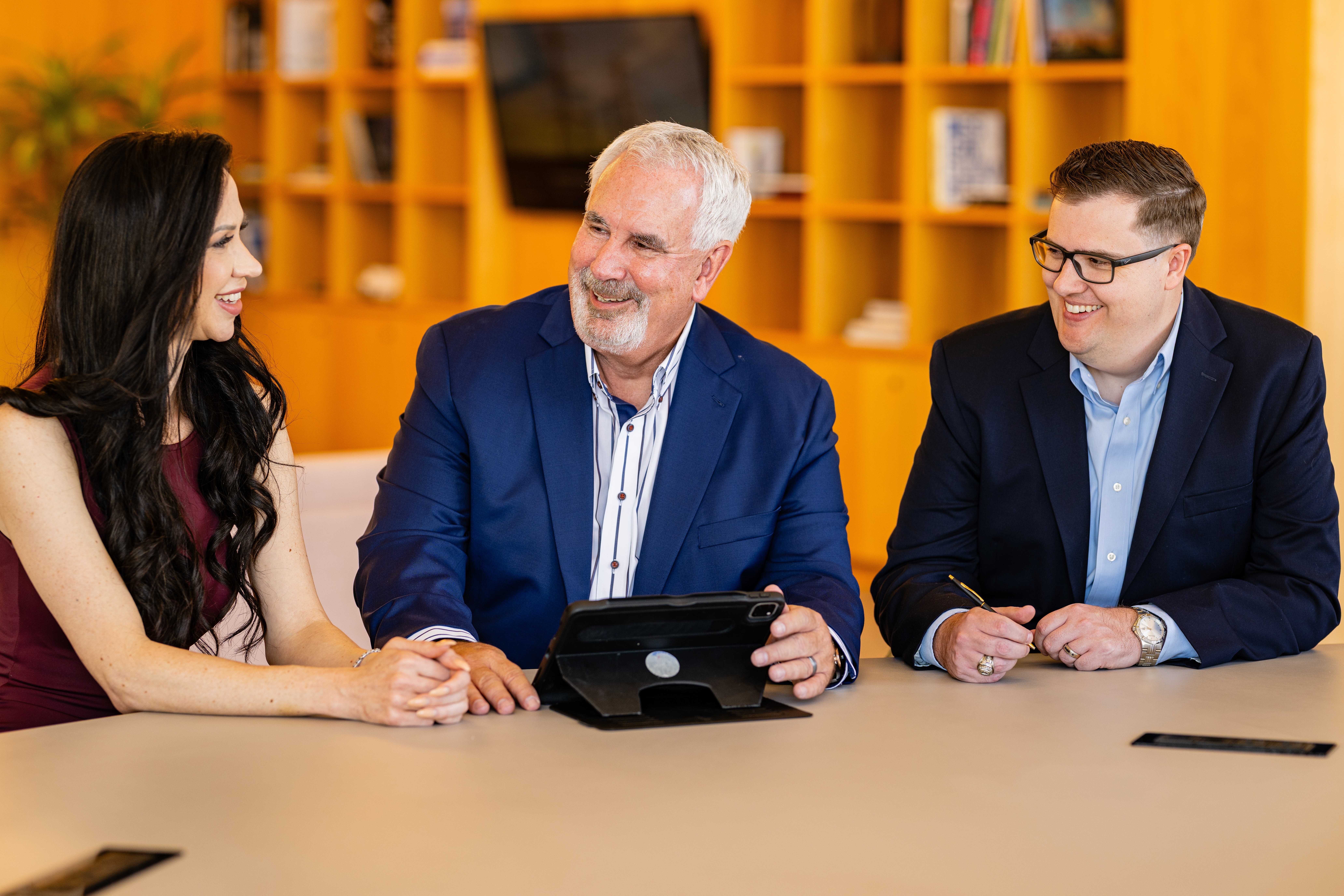
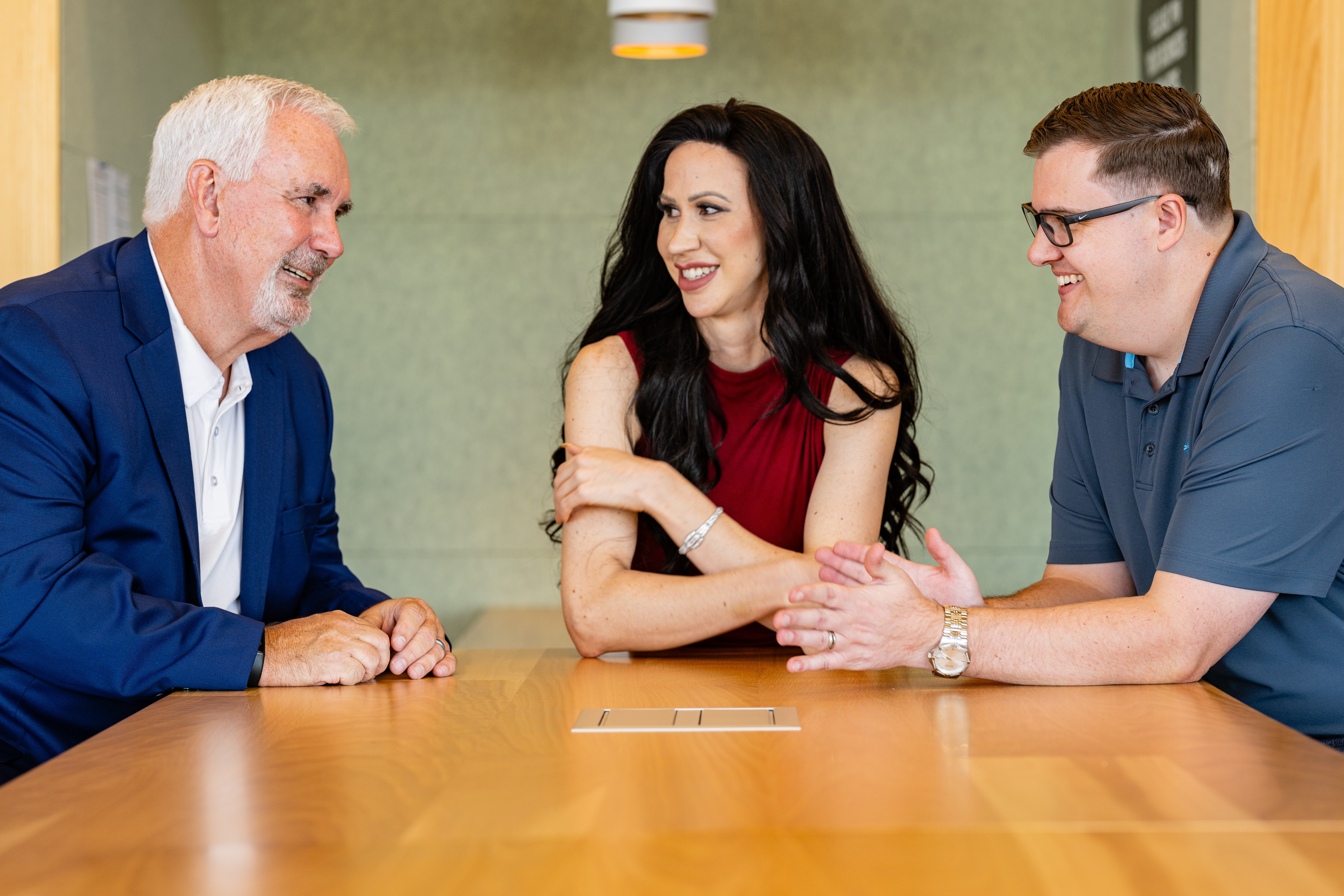
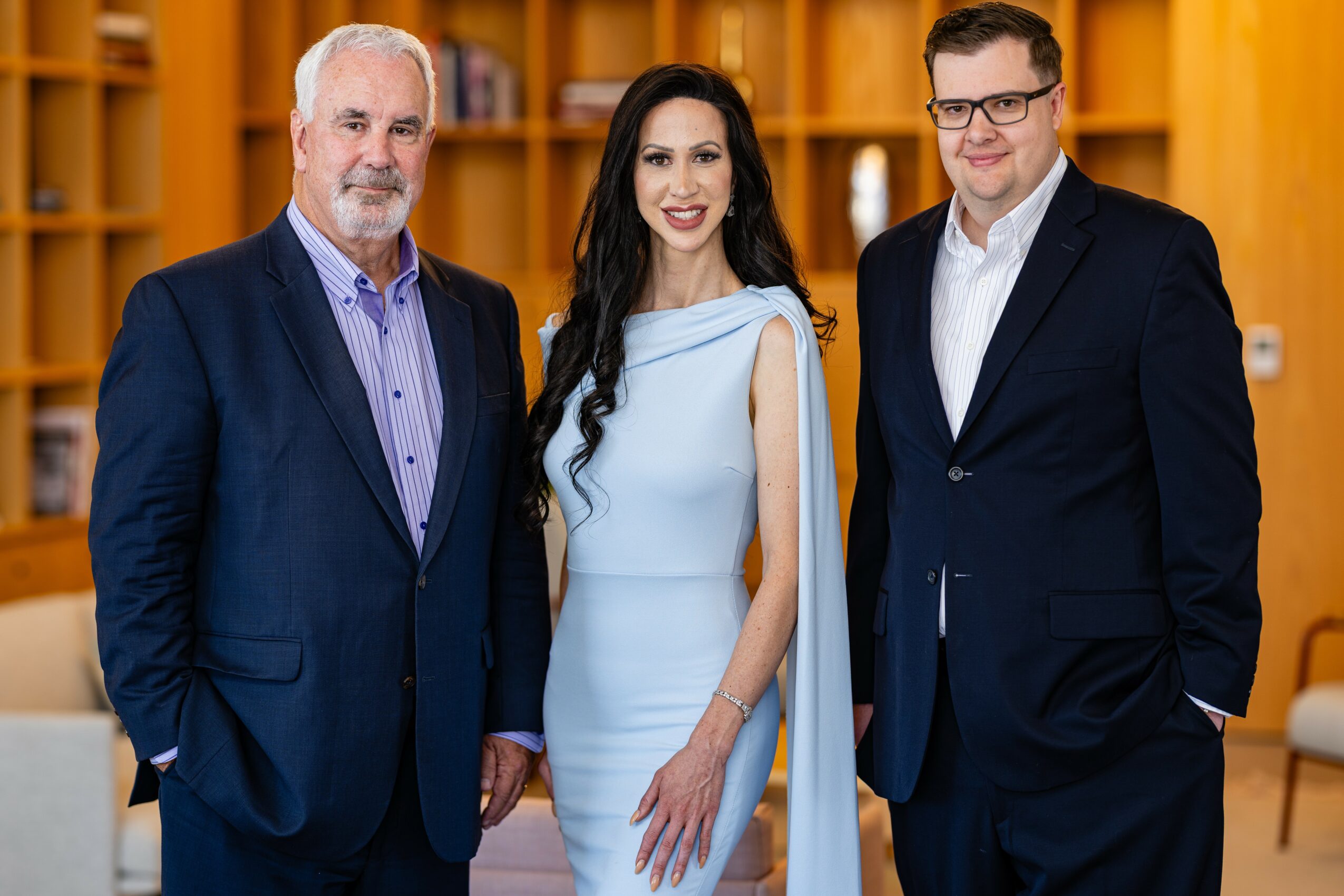
Image Credits
Rob Greer










